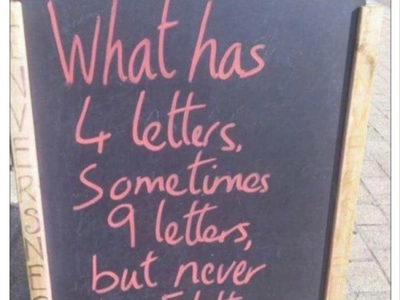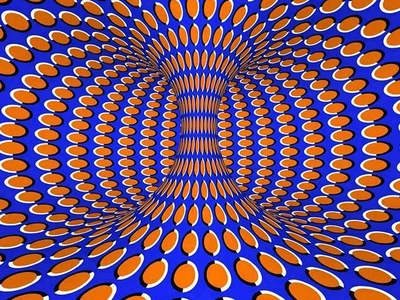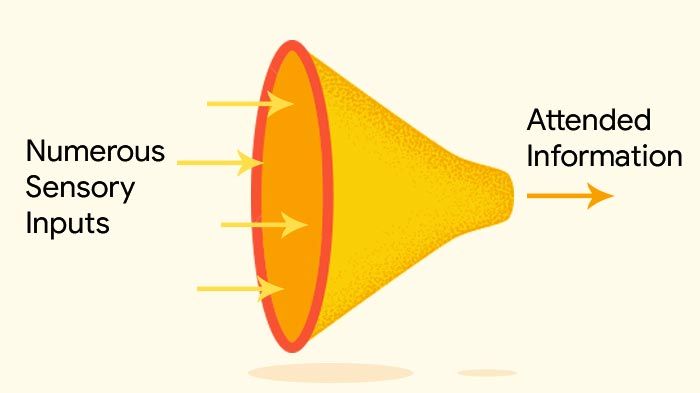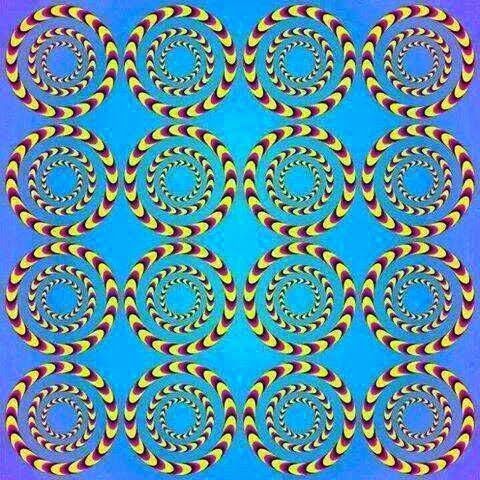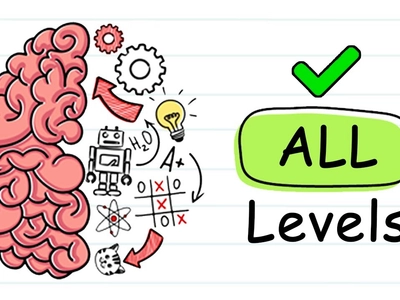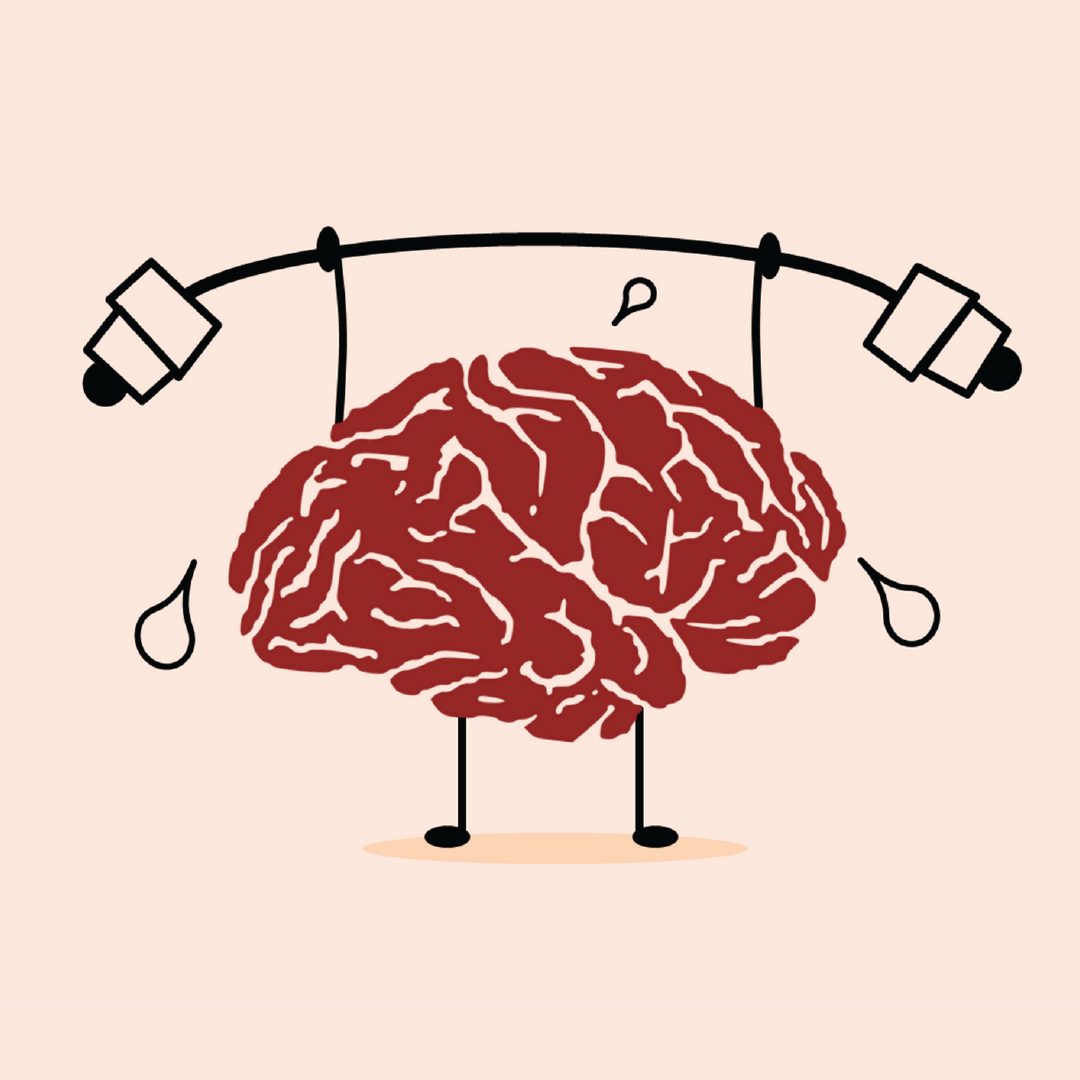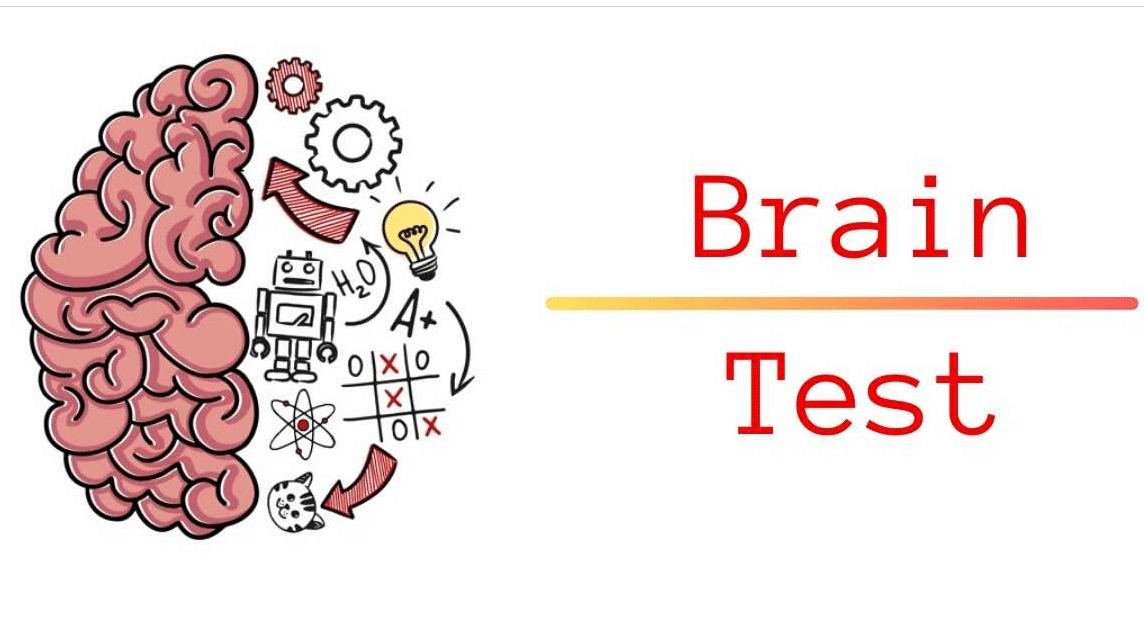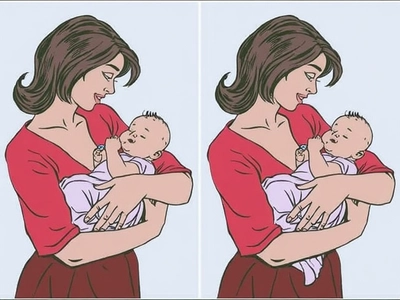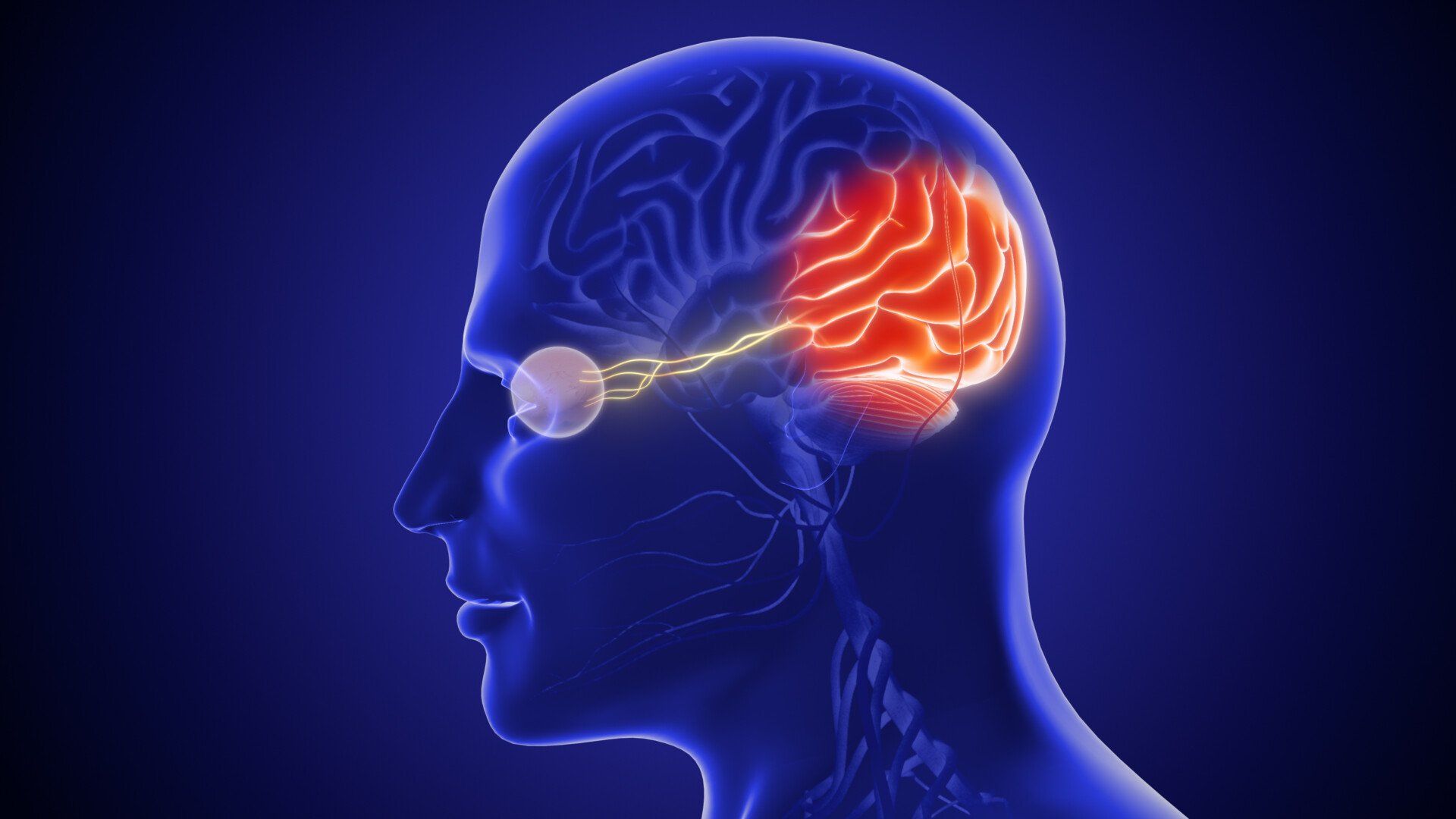This Café's Simple Riddle Reveals Why We're Getting Dumber (Despite Having All the Information)
A simple sign outside a neighborhood café has done something remarkable: it's revealed the stark difference between having information at our fingertips and actually knowing how to think.
The riddle is deceptively simple:
"Emma drinks coffee. Anne drinks soda. George drinks coffee. Beth drinks soda. What does Susan drink?"
Thousands of people have stared at this puzzle, their smartphones ready to Google the answer, their minds racing through mathematical formulas, alphabetical patterns, and complex theories. Yet the solution is so elegantly simple that when you finally see it, you'll feel that familiar mix of "aha!" and "how did I miss that?"
The answer? Coffee. Because Susan has two E's in her name, just like Emma and George.
But here's what's really fascinating: this isn't just a riddle. It's a mirror reflecting our collective thinking patterns in the digital age.
Why This Simple Puzzle Breaks Our Brains
In an era where we can access any fact in seconds, we've unconsciously trained ourselves to look for complex solutions. When faced with Emma, Anne, George, and Beth, most people immediately start searching for:
- Mathematical relationships between letters
- Alphabetical positions
- Name lengths
- Gender patterns
- Age associations
We've become so accustomed to information being complicated that we've forgotten how to recognize simple patterns hiding in plain sight.
The café owner who posted this riddle inadvertently created the perfect intelligence test for our times. Not a test of what you know, but of how you think.
The Intelligence vs. Creativity Gap
What makes this riddle so brutally effective is that it separates two types of thinking:
Linear Intelligence: The ability to process information, follow logical steps, and apply learned patterns. This is what our education system rewards, what standardized tests measure, and what AI excels at.
Lateral Intelligence: The ability to see connections that aren't immediately obvious, to think sideways rather than forward, and to find elegant solutions hiding in complexity.
Guess which one solved the café riddle faster?
The people who cracked it quickly weren't necessarily the ones with the highest IQs or the most advanced degrees. They were the ones who could step back and see the forest instead of studying each individual tree.
Why We're Losing Our Ability to Think Simply
Our digital environment has created what psychologists call "complexity bias" – the tendency to believe that complex problems require complex solutions. We see this everywhere:
- We trust 47-ingredient skincare routines over basic moisturizer
- We prefer complicated workout programs over simple daily walks
- We believe expensive, feature-heavy software over simple, effective tools
The café riddle exposes this bias perfectly. When presented with a pattern puzzle, we immediately assume it must be difficult because... well, because we've been conditioned to expect difficulty.
But the most profound solutions are often the simplest ones.
The Real Lesson from the Café Sign
This riddle's viral success reveals something crucial about human nature in 2024: we're starving for problems that make us think differently.
In a world where algorithms predict our next move and AI provides instant answers, there's something deeply satisfying about a puzzle that requires us to actually think – not just process information, but make connections.
The café riddle doesn't test your ability to recall facts or follow complex instructions. It tests your ability to step outside conventional thinking patterns and see what's actually there.
How to Develop Your Lateral Thinking
If you're frustrated that you didn't solve the riddle immediately, you're not alone. But here's the good news: lateral thinking is a skill you can develop.
Start by questioning your assumptions. When you encounter a problem, ask yourself:
- What am I assuming about this situation?
- What would the simplest solution look like?
- What if I'm overcomplicating this?
- What patterns am I missing because I'm focused on the details?
The next time you see a riddle, puzzle, or problem, resist the urge to immediately Google the answer. Sit with the discomfort of not knowing. Let your mind wander. Look for the obvious solution hiding behind the complexity.
The Café Owner's Accidental Genius
Whether they realized it or not, the café owner who posted this riddle created a perfect snapshot of our collective thinking in the digital age. They showed us that in a world of infinite information, the rarest skill isn't knowing more – it's thinking differently.
The riddle's viral success proves that people are hungry for challenges that make them think, not just recall. We want problems that reward insight over information, creativity over calculation.
And maybe that's exactly what we need more of in 2024.
So the next time you're faced with a seemingly complex problem, remember Emma, Anne, George, and Beth. Remember that sometimes the most elegant solution is the one that's been staring you in the face all along.
After all, in a world that's constantly telling us to think harder, maybe the real challenge is learning to think simpler.
